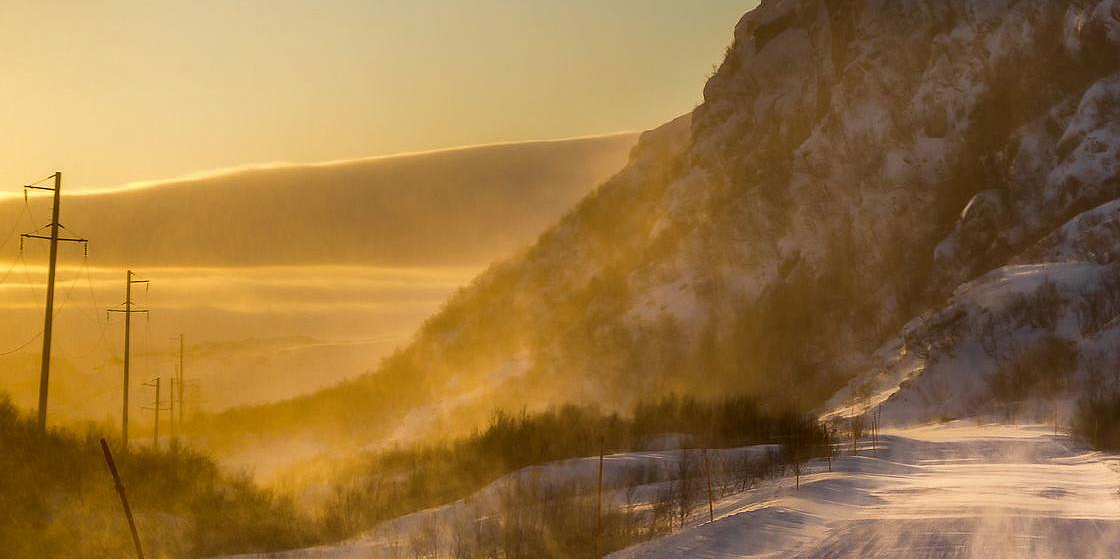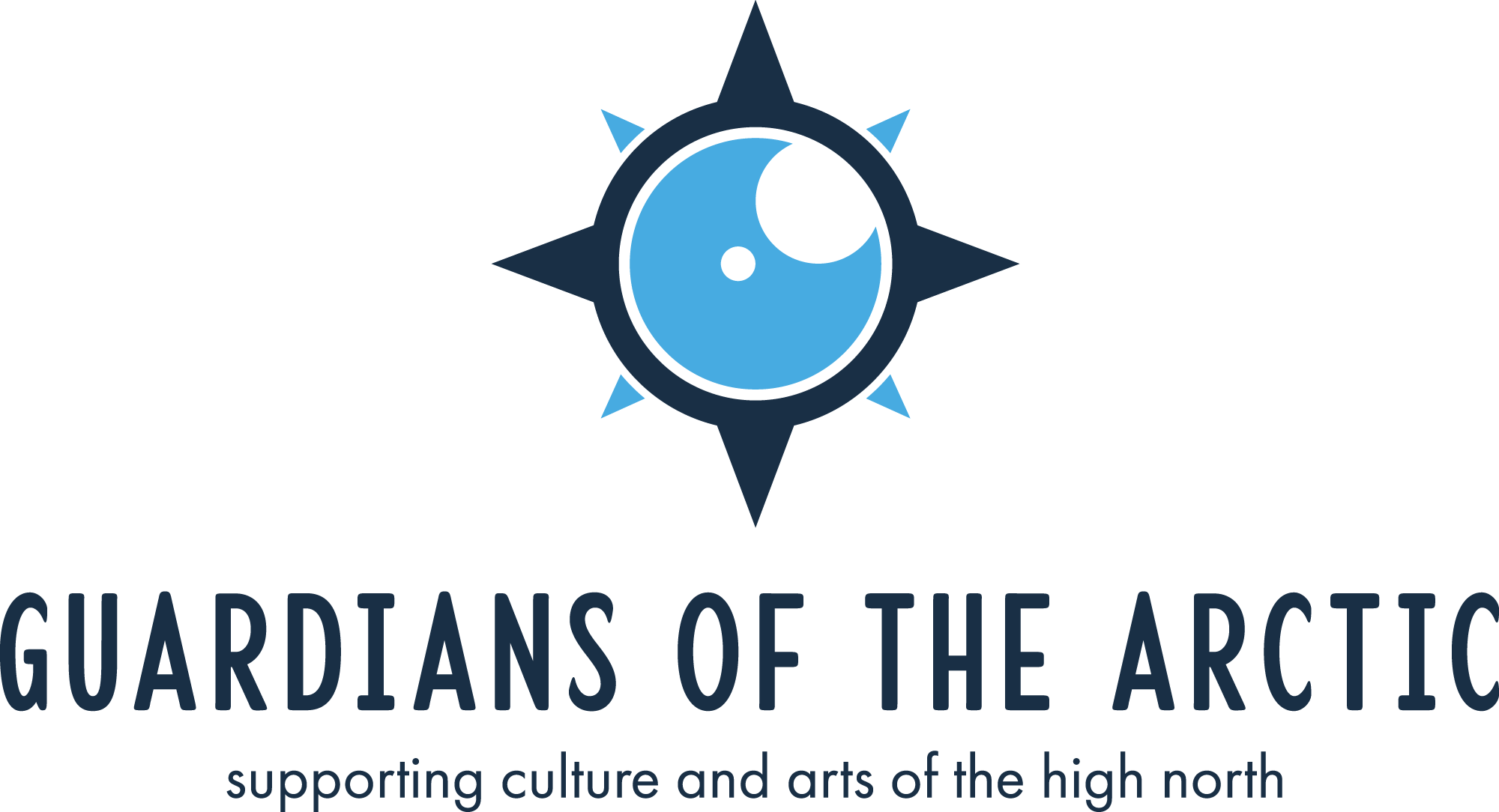
Photo: Sergei Dolya / GeoPhoto
Energy Transition Discussed at Russian Energy Week
On 13-15 October 2021, the Russian Energy Week, an international forum on energy and the energy sector, took place in Moscow. About 2,500 people from more than 80 countries took part in the forum, organizers report. 32 various events involving 204 speakers were held under the auspices of the Russian Energy Week.
For obvious reasons, the conference focused mainly on energy transition and the fuel crisis affecting the industrialized countries both in Europe and Asia; an emphasis was also made on the role of the Arctic in the global energy context. Here is the recap of key messages delivered by the participants.
— A stable performance of the fuel and energy producing sector is central to the present-day world, said Russian President Putin. To guarantee global energy security and environmental safety, balanced, responsible and future-oriented steps are to be taken by all market players, producers and consumers alike. “Russia is ready for such constructive, trustworthy and close cooperation, including a direct dialogue with our partners in Europe and with the European Commission, with a view to searching for common solutions on stabilizing the energy markets and countering climate change”, Putin said.
— Deputy Prime Minister Novak urged the world leaders to tackle energy security issues “in a sober and reasonable fashion” so as to not prioritize preserving nature over the needs of humanity. He stressed that “the sustainable development goals are still our top priority… Our goals should not be hyped up, but rather balanced and calculation-based. Such a balanced approach is exactly what our policies are built upon”, he said.
— The Arctic will assume a major role in the energy transition process, with its Russian sector being at the forefront of transformation, said Ambassador Korchunov, Chair of the Senior Arctic Officials (Arctic Council). He believes that the Russian Arctic, being already an important player in global supply chains, will significantly increase its foothold in the world market of rare-earth metals and LNG in the near future. Ambassador Korchunov pointed out that Russian-based companies are working on hydrogen, ammonia and methanol production projects. In addition, Russia’s Northern Sea Route may serve as a climate-friendly freight line contributing to reducing the carbon footprint of the transportation industry as a whole.
— Russia’s Murmansk Oblast positions itself as an innovative powerhouse focused on advancing green energy technologies. According to Governor Chibis, by 2022, the region will become home to the world’s largest wind farm located in high latitudes. Apart from this, the region has implemented measures to support switching to electric vehicles. A project to establish a carbon-free zone is underway, along with a hydrogen production project. “Our target markets are Western Europe and Asia”, Mr. Chibis said.
— Corporate players operating in the Russian Arctic and Far East are deeply involved in the country’s transition to renewable energy. “In the industrial energy generation sector, the interest in the environmental agenda and green initiatives is on the rise. Novatek is implementing its Yamal LNG project in Yamal, while in the Far East, a wind farm with a capacity of some 70 MW is being constructed. Many more such projects are to come”, said Mr. Potiomkin, Managing Director of the Far East and Arctic Development Corporation JSC.
Arctic Today is a column by PORA CEO Alexander Stotskiy analyzing major international, national and regional events and trends in the Arctic.




